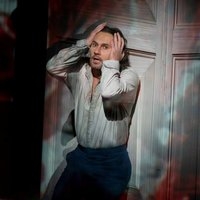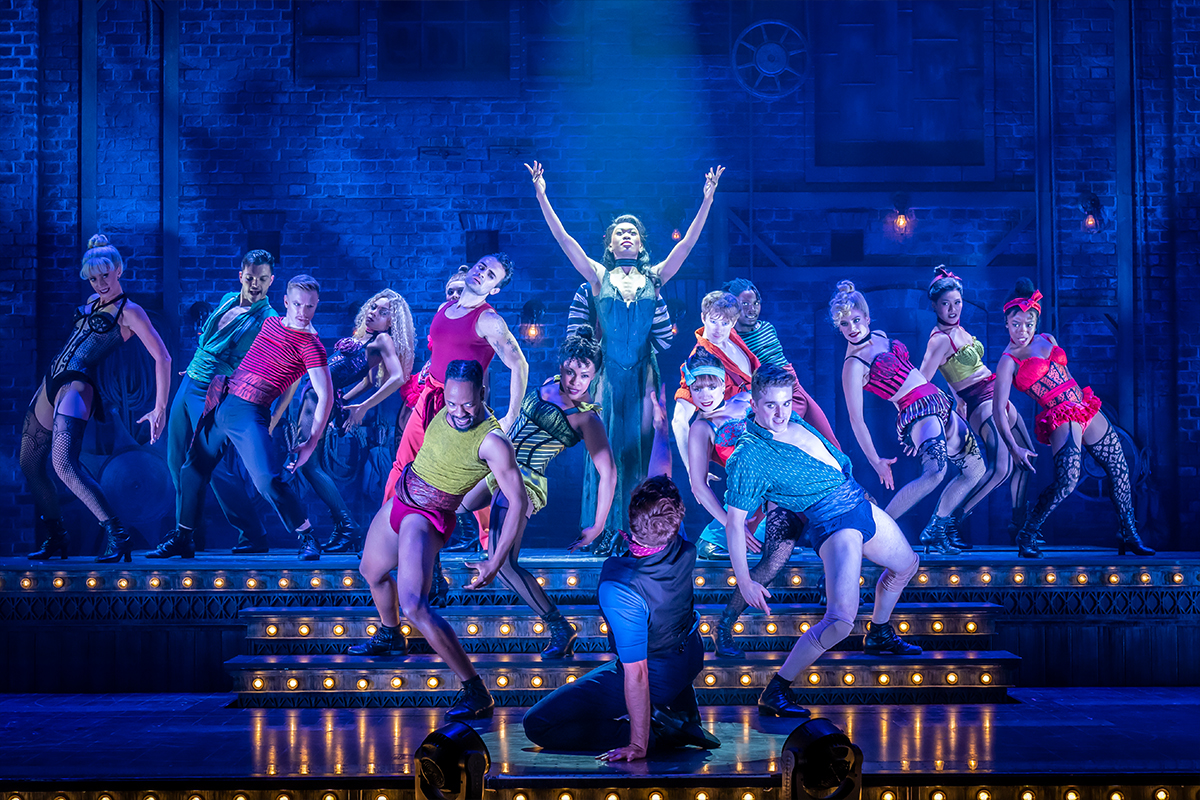Don Giovanni (Royal Opera)

© Robert Workman
Don Giovanni, Mozart’s dramma giocoso, is a notoriously difficult opera to get right. Many great directors have come unstuck when trying to make sense of its often incongruous blend of seriousness and comedy.
That Kasper Holten’s vividly expressive new staging of Don Giovanni for The Royal Opera gets more right than it gets wrong may sound like faint praise, but his vision of the piece as an illusionist nightmare certainly has a lot going for it. He draws superb performances from the first-rate cast, and in Es Devlin’s multi-faceted and flexible stage design – a plain façade opens up into a magician’s box of secret panels and staircases – creates a world where eavesdropping, intrigue, pain and discovery can reverberate within a tightly controlled space.
Aided and abetted by Luke Hall’s video designs and Bruno Poet’s lighting, Devlin’s box of tricks comes alive to every nuance of the text and the score. It’s certainly the most accomplished, lavish and ingenious use of video I’ve yet seen in an opera house. From the scrawling of women’s names across the façade during the overture to the psychedelic mind-bending visual accompaniment to Giovanni’s ‘Champagne aria’, Hall’s audacious designs thrill, enthral and actually add to, rather than diminish, the staging.
However there are parts of Mozart’s opera that don’t fit in with Holten’s take on the dramaturgy, so they’re changed. Having Anna know that the intruder in her bedroom at the start is Giovanni, and therefore making her complicit in his amorous advantages, changes her whole character. By default this also makes her an accomplice in her own father’s death, crying ‘rape’ only when things take a darker turn and her fiancé Don Ottavio appears on the scene.
Similarly he makes us believe that the voice of the Commendatore in the graveyard scene is but a figment of Giovanni’s wild imagination, and for the remainder of the opera Giovanni’s mental state deteriorates at an alarming rate. Rather than being dragged to hell he’s left alone on the stage, whilst a truncated version of the sextet is sung from the pit. I rather liked the ending, evidently some in the audience didn’t.
Musically the performance was a delight from start to finish. Nicola Luisotti is not a conductor I’d normally associate with Mozart, yet he delivered a fleet, superbly balanced account of the work and played the fortepiano continuo deftly, contrasting nicely with Paul Wingfield on the harpsichord and George Ives on the cello.
Leading the cast was Mariusz Kwiecien’s darkly-brooding, sexy Giovanni – it’s easy to see why Anna, Elvira and Zerlina were infatuated with him. He sang strongly throughout and it was a pleasure to see how Kwiecien so vividly caught the violence that lies under the surface of the character. Alex Esposito’s downtrodden Leporello worked superbly in tandem with his master and his singing and characterisation were both exemplary.
Malin Byström was an exceptional Donna Anna, making her music (which is the most technically difficult in the opera) sound easy, singing with ardour and pathos throughout. Acclaimed French soprano Véronique Gens made a welcome return to the House as an impassioned Donna Elvira, her scorching rendition of ‘Mi tradi’ was one of the many vocal highlights of the evening. Antonio Poli’s muscular tenor lent both of Don Ottavio’s arias a sense of virility whilst Elizabeth Watts was a perky and engaging Zerlina. Dawid Kimberg excelled as Masetto, and as the Commendatore Ukrainian bass Alexander Tsymbalyuk made a mightily impressive house debut.
With a cast that could not be bettered today allied to an insightful if sometimes idiosyncratic staging, this is a Don Giovanni that is never boring, often thrilling, and demands to be seen.
Don Giovanni will be beamed live to cinemas on Wednesday 12 February.










